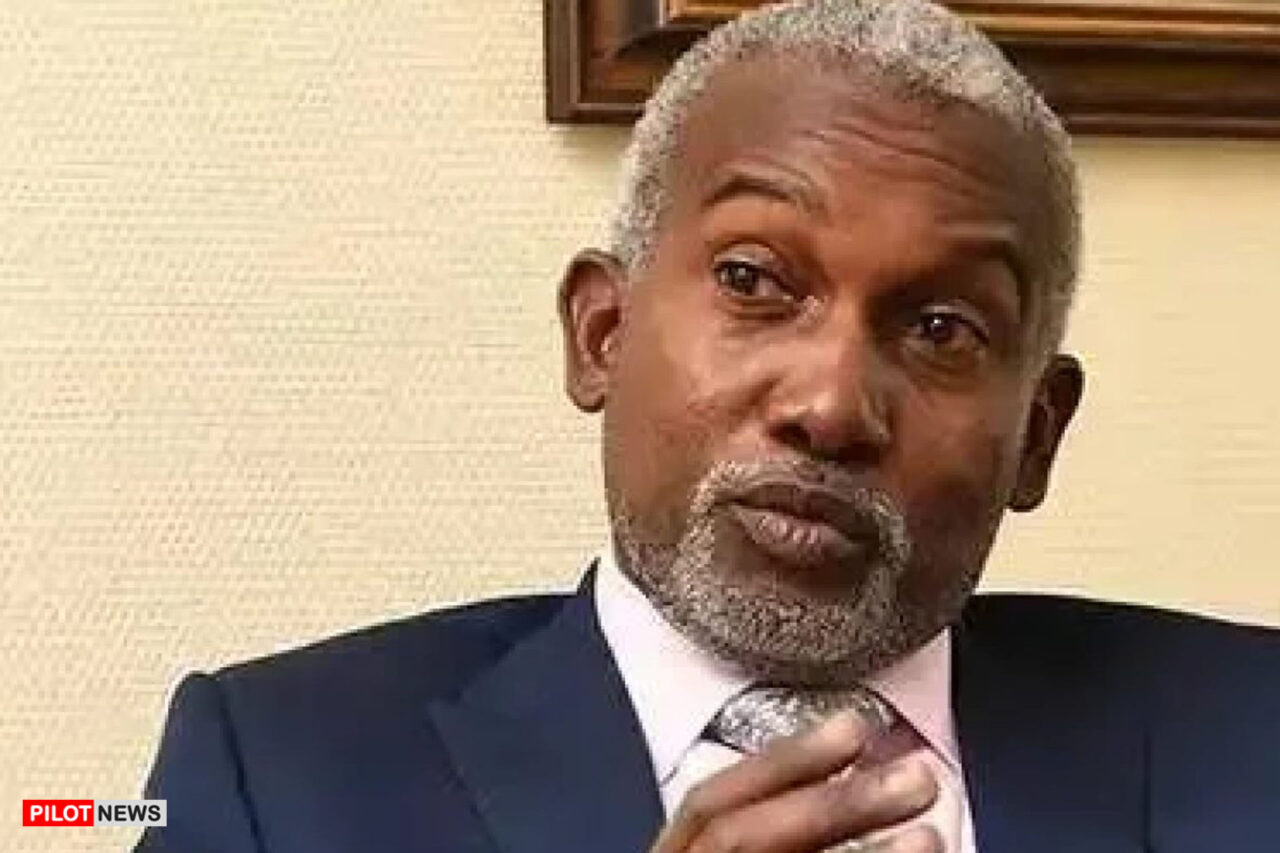The federal government, in collaboration with the United Nations UN, on Monday launched the Regional Partnership for Democracy (RPD), a new framework aimed at tackling West Africa’s democratic decline, political instability, and unconstitutional government across the region.
The Minister of Foreign Affairs, Amb Maitama Tuggar, stated this at the unveiling ceremony, stressing that democratic governance on the continent has continued to face serious challenges, including flawed elections, political violence, declining citizen participation, institutional weakness, and rising administrative impunity.
While describing the RPD as a new chapter in Africa’s democratic journey, he said, “We meet at a moment when democratic governance in Africa is confronted by sobering and deeply complex challenges. Despite the commendable efforts embodied in mechanisms such as the African Union’s Peer Review Mechanism and other numerous national reforms, democracy in several parts of our continent continues to face obstacles.”
He highlighted these to include: the conduct of credible elections, the persistence of political violence, the limited participation of citizens in decision-making processes, the growing phenomenon of administrative impunity among political office holders, and in some instances, the weakening of judicial and media institutions.
He noted that the systemic problems often result in coups and prolonged political crises, undermining the African Union’s Agenda 2063 goal of “silencing the guns.”
The minister said many of Africa’s governance failures stem from the adoption of external political models that don’t align with the continent’s cultural realities and historical experiences. The RPD, he explained, was designed in response to these concerns and is built on the principle that democracy thrives best when rooted in African values while drawing from global best practices.
“It’s incumbent upon us, therefore, to confront these realities with candour. At the root of many of Africa’s governance challenges lies the uncritical transplantation of governance models and values that do not adequately reflect our cultural contexts, our social norms, or our historical experiences.
“This incongruity generates friction which too often manifests as democratic stagnation, institutional fragility, or, indeed, flagrant abuses of power,” the minister stressed.
He expressed Nigeria’s gratitude to the UN Office in Abuja, development partners, the diplomatic community and civil society groups whose contributions shaped the RPD document. According to him, the initiative represents “President Bola Ahmed Tinubu’s contribution—and Nigeria’s gift—to the strengthening of democracy in Africa.”
According to the minister, it is in direct response to these circumstances that the RPD was conceived.
“The RPD rests on a simple, yet powerful proposition: that democracy flourishes most sustainably when it is rooted in African values and attuned to local peculiarities, whilst drawing judiciously from global best practices. Such carefully calibrated synthesis is indispensable, if democracy is to enjoy genuine ownership, legitimacy, and long-term durability among our people.
“The variable geometry of democracy, its different forms and speeds need to be taken into account.”
Under the new arrangement, the RPD Secretariat will be hosted by Nigeria’s Ministry of Foreign Affairs, while its technical team will operate from the Office of the UN Resident Coordinator in Abuja. The framework will support electoral reforms, deploy early-warning systems against unconstitutional transitions, counter disinformation, and strengthen the role of youth and civil society in governance. It is aligned with Agenda 2063 and the UN Sustainable Development Goal 16.
Although Nigeria and the UN are the initial signatories, the government said the RPD is open to all West African countries and is expected to expand to other regions as its impact grows.
The minister urged development partners and African governments to support the initiative, describing it as “an African solution to an African challenge,” and a credible platform for reversing democratic backsliding.
He also highlighted the growing threat of misinformation and the need for coordinated regional efforts to rebuild public trust and institutional legitimacy.
Tuggar encouraged attendees to promote the framework across their home countries and institutions, stressing that Africa must build a democracy that is not “borrowed or imposed,” but authentically owned and sustainable.
“The RPD is more than a policy instrument; it is President Bola Ahmed Tinubu’s contribution and indeed, Nigeria’s gift to the strengthening and flourishing of democracy in Africa.”
- Obi Tells Federal Government To Pay Super Eagles Match Allowances - January 9, 2026
- We Won’t Allow Impeachment Of Fubara, Deputy, Rivers APC Vows - January 9, 2026
- There Won’t Be Election in Ekiti Without Oluyede’s Name, IPAC Chair Warns - January 7, 2026

